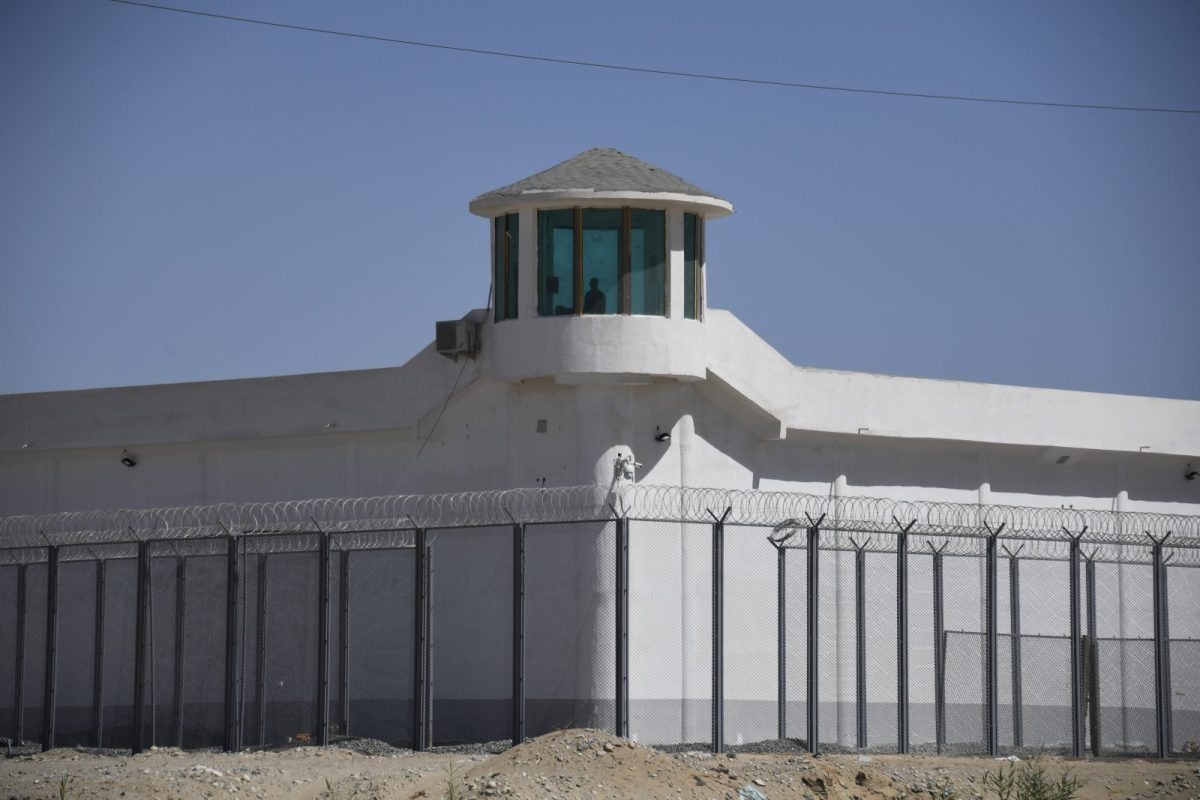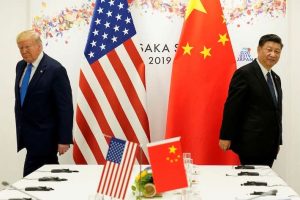The World Health Organization (WHO) declared the Covid-19 outbreak a pandemic this week. That designation implies an epidemic that has spread over several countries or continents, affecting a large number of people.
The Chinese government initially tried to conceal the severity of the problem by hiding facts about the outbreak, which in turn contributed to the spread of the virus across the world. But the state machinery swung into action on January 23 by quarantiningWuhan and other cities in Hubei province, where the outbreak was first observed. Some cities on the east coast were also partially locked down as the number of cases increased.
Though a lot of effort has gone into containing the spread of the virus across China, the situation in the westernmost Xinjiang Uighur Autonomous Region, which is one of the most vulnerable regions for reasons detailed below, remains largely ignored and underreported.
Why is Xinjiang vulnerable?
The Uighurs are a Turkic ethnic group whose members are predominantly Muslim. Nearly 11 million of them live in Xinjiang. A recent series of leaks have highlighted the enormity of the Chinese repression of Uighurs in Xinjiang’s “re-education camps.”
The Chinese government has reportedly detained more than a million Uighurs since April 2017 for “vocational training.” The government claims that these are “voluntary vocational training centers” where people acquire new job skills and are free to leave on the completion of the training. But the recent series of exposéshighlight the inhuman conditions in which the detainees undertake community activities forcibly in these camps.
The information on what happens inside the camps is limited, but many former detainees who have since fled China describe inhuman conditions. Community activities like forced learning of Mandarin, pledging loyalty to the Communist Party of China, renouncing Islam and singing praises for communism are routinely undertaken.
This is coupled with human-right abuses such as torture and sleep deprivation during interrogations, and sexual abuse, forced abortions and contraceptive-device implantation for women. The cells are overcrowded and unsanitary, as toilets consist of only a bucket and a lid.
Multiple Covid-19 infections have been reported in Xinjiang, but a media blackout makes it difficult to assess the real situation. The gruesome conditions and forced community activities make the internment camps fertile ground for a community-wide outbreak of the disease.
There are serious questions on the availability of quarantine facilities, hospitals for treatment, nutrition and hygienic products for the Uighurs. Besides, the children of detained people are forced to stay in state-run orphanages. These are also vulnerable to a possible outbreak of the disease.
Beijing’s response
The Uighur community outside China and international human-rights groups have repeatedly raised concerns over an outbreak of the disease in the internment camps. But Beijing has dismissedthese concerns as a misinformation drive, rumor-mongering and an effort by the US to slander China’s policies. It claims to have released all the Uighurs in December 2019, after the outbreak of the coronavirus that causes the disease, but fails to provide any evidence backing the claim.
A recent report by the Australian Strategic Policy Initiative highlights that some detainees are made to work as forced laborers in the Chinese factories that are supply chains to globally renowned brands such as Apple and Nike. The Chinese government has denied these claims.
Both the camps and forced labor of Uighurs in other provinces outside Xinjiang create near-perfect conditions for the spread and escalation of the coronavirus. The grievous conditions in the camps, lack of quarantine facilities and access to hospitals, inadequate nutrition and poor medical care will certainly guarantee a high death toll if the virus spreads throughout the community.
- Suyash Desai is a research analyst working on China at the Takshashila Institution. His MPhil dissertation is on India’s approach to regionalism in Asia from the Centre for International Politics, Organization and Disarmament at Jawaharlal Nehru University.
























